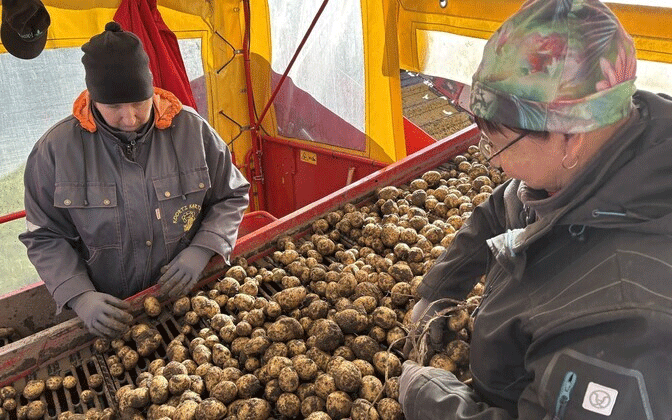Tyndall National Institute, Dublin City University (DCU) and Teagasc have received an investment of over EUR1m from the Ireland Department of Agriculture, Food & Marine to fund SCOPE, a new research project addressing the issue of crop disease in two of Ireland’s most important crops, barley and potato.
Crop disease is one of the biggest threats to Ireland’s tillage sector. The SCOPE project which brings together expertise from three independent but complementary disciplines is focused on mitigating the threats posed by two of the primary crop diseases.
Teagasc and DCU will develop specific antibodies based on their previous successful research in this area. Tyndall National Institute will then use these antibodies to develop pathogen-specific nanosensors which will deliver real time, on-site detection of disease in plants.
Although consumption has declined in recent years, EUR162m is still spent by consumers annually on potatoes. SCOPE aims to verify the presence, or absence, of disease strains as early and as quickly as possible to protect crop yields and reduce dependency on pesticides.
“A vital step in addressing barley and potato crop disease is the implementation of adequate surveillance strategies so that rapid, in-field diagnosis can be made. By inter-connecting crop pathology, immunochemistry with nanotechnology, SCOPE will generate prototype nanosensors for both leaf scald and aphid-delivered viral infections. The diagnostic system will deliver in-field results in minutes while current lab tests can take up to one week. Consequently, this will ensure that decisions to spray are made on the presence or absence of any disease, in contrast to current systems based on stages of crop development,” said Dr Alan O’Riordan, Research Fellow, Tyndall National Institute.







